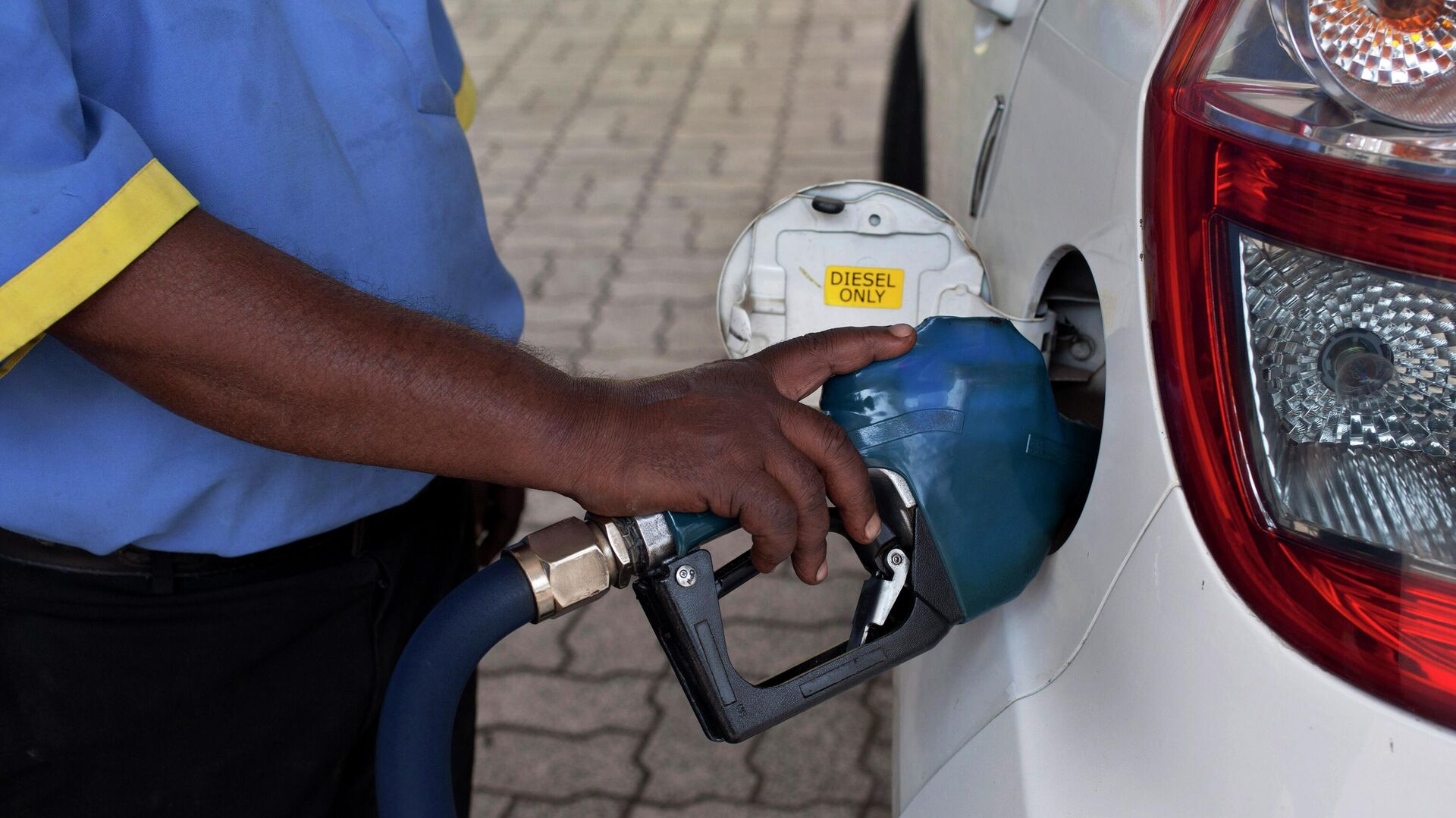Russian, Indian Scientists Discover Way to Squeeze Biodiesel from Barbados Nut

© AP Photo / Tsering Topgyal
Subscribe
A method for improving the production of biodiesel from the seeds of a poisonous tropical shrub has been developed by scientists from Russia and India.
According to the authors of the study, a method for processing the Barbados nut (Jatropha curcas) developed by training a deep neural network will cut labor costs and improve the quality of the subsequent biofuel.
The results are published in the peer-reviewed journal, Sustainability.
What is Biodiesel?
Biodiesel is a long-chain fatty acid methyl ester derived from vegetable oil and animal fats. Experts noted that compared to petroleum-based diesel fuel, it has several advantages.
The use of such fuel leads to a reduction in emissions of exhaust gases, particulate matter, unburned hydrocarbons.
Biodiesel contains improved biodegradability and is non-toxic. It can be used in any diesel engine or in blends.
According to the scientists, the main issues in producing biodiesel are high viscosity, poor volatility and polyunsaturation (the presence of a hydrocarbon chain with two or more carbon-carbon double bonds). To solve them, scientists use various chemical processes, one of which is transesterification. It is a safe method of changing the physical and chemical properties of esters (fats, oils) by exchanging acid residues between fats, widely used by manufacturers of specialized fats in Europe and the former USSR.
How Can We Produce Biodiesel From Barbados Nut?
Scientists from the Don State Technical University (DSTU, Rostov-on-Don, Russia), the Federal Scientific Agroengineering Center VIM (FNAC VIM, Moscow, Russia) together with colleagues from the Department of Systemics, School of Computer Science and Department of Applied Sciences (Chemistry), University of Petroleum and Energy Studies, and Dehradun India used deep machine learning to optimize the parameters of the interesterification process of vegetable oils derived from Barbados walnut seeds and predict the characteristics of the biodiesel produced. According to them, this will improve the quality of the resultant fuel, the accuracy of forecasting its volume and reduce the labor costs of the production process.
"As a result of the work done, the most important parameters of the transesterification process were classified in terms of their maximum impact on the properties of biodiesel fuel," said Vadim Bolshev. He added that a positive correlation was found between temperature and process time and a negative correlation between methanol content and catalyst concentration.
"The highest possible ester yield (97%) was achieved using a reaction temperature of 60°C and a concentration of potassium hydroxide catalyst of 1% by weight. In addition, it was determined that a concentration of methanol in a ratio of 6:1 allows you to get the maximum amount of biodiesel,” said Bolshev.
The researchers noted that comparing the quality metrics of the resulting model with other machine learning models showed the superiority of their proposed design. According to scientists, the accuracy of predicting the volume and viscosity of the resulting biofuel was improved by 10% and 8%, respectively.
According to scientists, the study is particularly relevant for developing countries in Africa and South America, where the Barbados nut grows as a weed. It began to be cultivated commercially in India and China after specialists pointed to this plant as one of the best candidates for future biodiesel production.
The Russian-Indian research team plans to continue work on enhancing the quality of forecasting of the developed deep learning model thanks to more training data, as well as training the model based on a different type of raw material. In addition, there is a need to conduct feasibility studies, life cycle assessments, energy and exergy assessments (method of assessing thermal efficiency - ed.) of the application of the model in the production of biodiesel fuel.
"As a result of the work done, the most important parameters of the transesterification process were classified in terms of their maximum impact on the properties of biodiesel fuel," said Vadim Bolshev.
DSTU is a participant of the Russian program "Priority-2030" that provides state support for universities.
